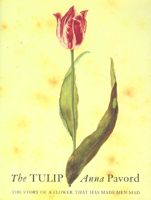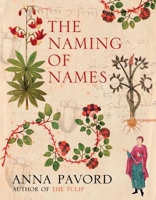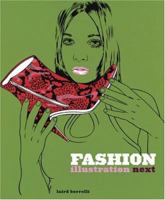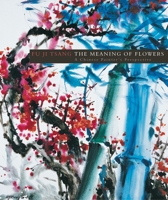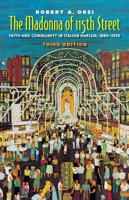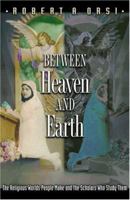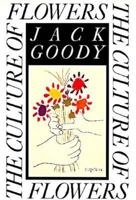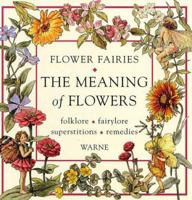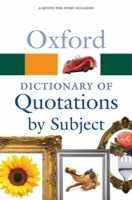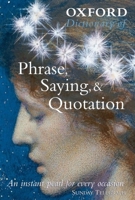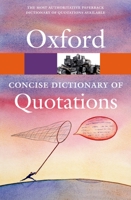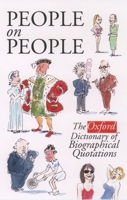The Oxford Compendium of English
Select Format
Select Condition 
You Might Also Enjoy
Book Overview
Customer Reviews
Rated 5 starsBeautiful art
It feels like the unintentional sequeal to "A dinosaurs first day". And The art is so beautiful. The Dinosaurs look so good.
0Report
Rated 5 starsA Daughter's Grateful Comment
My father wrote this book when I was very young and it is just gratifing to know that other people enjoyed it as much as I did growing up. A friend of mine saw a copy in my house and then told me that it was her favortie book as a child. Its nice to know that people love this book. We appreaciate your comments very much. Thank you, Celia Gorman.
0Report
Rated 5 starsMaia: A Warm and Caring Dinosaur!
My almost 6 year-old daughter loved Maia and when her teacher read it in school during "Dinosaur Week," she came home asking if we could buy it. It is the story of Maia, the Maiasaur,of her growing up and learning about the world outside the nest. The story tells of the wonder and fright as she discovers she must make it on her own, that she must become independent. It is the story of Maia becoming a mother herself and...
0Report
Rated 5 starsReprint please
While so many dinosaur books for children emphasize predator and defense relationships among dinosaurs, this book shows a more realistic picture of dinosaur life for young readers. My daughter is so excited to find a "mother" lizard with female roles of raising and defending young. We found this book used, but it would be wonderful if it could be reprinted. We really appreciate the scientific material presented in a...
0Report
Rated 5 starsWinner of Zack's book of the year'97!
What a great dinosaur book! Every kid should read this! Great fun! And it's educational too...teaches about the whole life cycle of the Maiasuaras. Come along with little Maia from hatching to the time she has her own eggs hatch.
0Report













